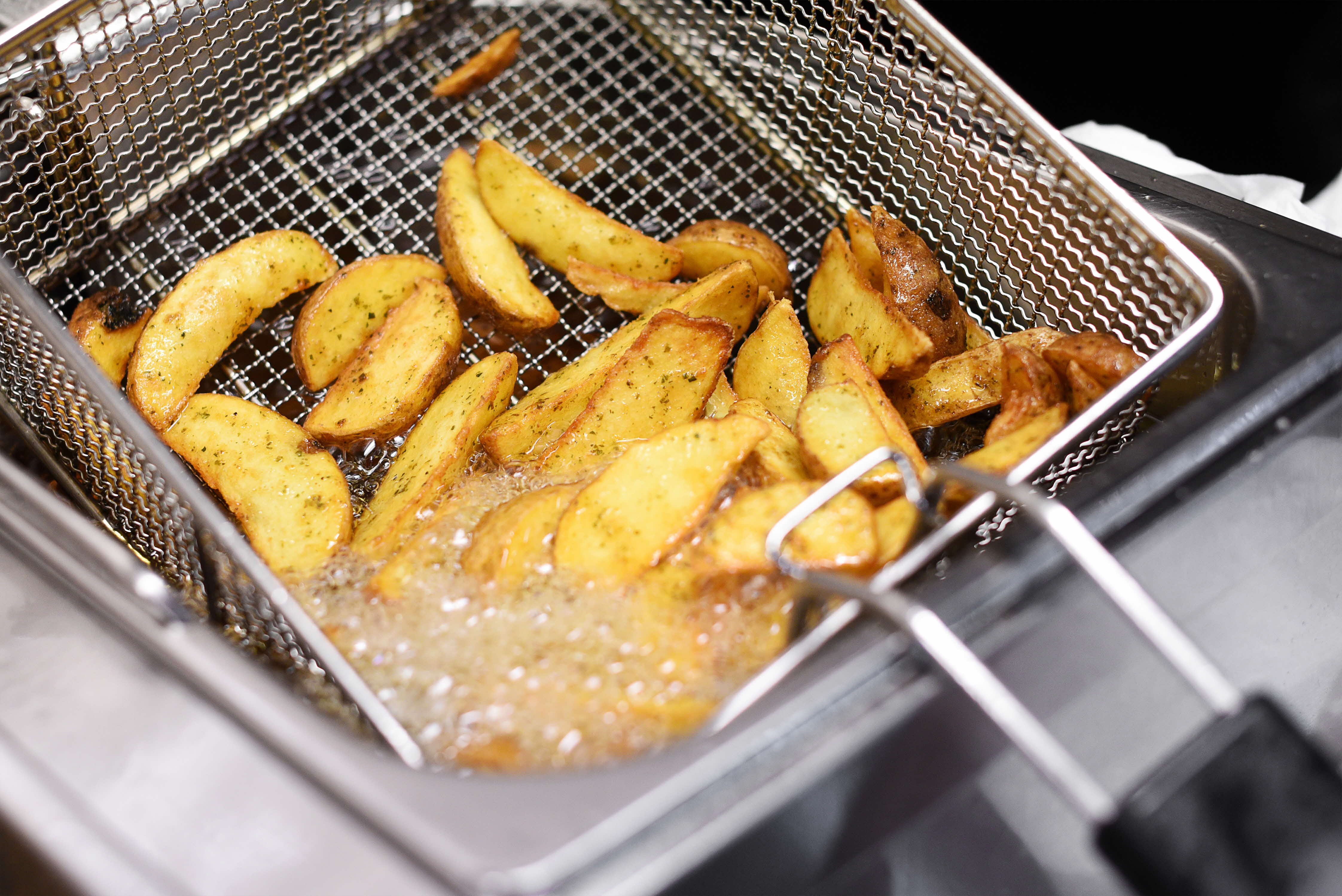
Summary:
|
Singapore is a food paradise known for its culinary variety that ranges from delicious hawker fare to Michelin star creations. However, fewer may know that many of these foods are imported from more than 180 countries/regions from around the world.
To ensure that the food in Singapore is safe for consumption, Singapore has in place an integrated food safety regime from farm-to-fork. A science-based risk management approach aligned with international standards is adopted, with measures ranging from pre-import source accreditation for higher-risk food, to post-import inspection and sample testing for lower-risk food.
Providing a yardstick for food safety
Whenever possible, Singapore benchmarks our food safety regulatory requirements against the Codex Alimentarius. The Codex Alimentarius was created in 1962 by the CAC under the direction of the Food and Agriculture Organization (FAO) and World Health Organization (WHO). It is a collection of internationally adopted food standards, guidelines and practices that aim to protect consumers’ health and ensure fair practices in food trade. It covers areas such as food hygiene, food additives, residues of pesticides and veterinary drugs, contaminants, labelling, methods of analysis and sampling, import and export inspection and certification.
Codex standards are established based on science provided by independent international risk assessment bodies or ad-hoc consultations organised by FAO and WHO. It serves as a basis for the national food safety legislation in many countries. Similarly, Codex’s science-based recommendations provide vital yardsticks for Singapore to carry out our own risk management. We also adapt the standards to Singapore’s local context to further protect our consumers when needed.
Did you know? The year 2023 marks the CAC’s 60th anniversary in international food safety standard setting. Codex is also featured at the heart of celebrations for World Food Safety Day 2023 (which falls on 7 June), with the theme “Food standards save lives”. |
 |
World Food Safety Day 2023 celebrates the importance of food standards. Source: FAO |
Going further with standard setting
Today, the CAC has a total of 189 member countries and organisations, and Singapore has been a member since 1969. With its widespread uptake, Codex standards play an important role in enhancing global food safety and facilitating market access for food trade. It serves as a reference point to provide a common understanding of food safety requirements across different markets, and an objective benchmark when countries have differing food safety measures.
 Food standards are based on scientific risk assessments to protect consumer health.
Food standards are based on scientific risk assessments to protect consumer health.
Singapore actively contributes to standard setting and the international adoption of food standards. The SFA participates in various Codex Committees such as Contaminants in Foods, Food Additives, Pesticide Residues, and Food Hygiene, where we contribute to the development of various standards and guidelines. In fact, Singapore is currently one of the co-chairs (together with Australia, Canada and China) of the electronic working group under the Codex Committee on Food Import and Export Inspection and Certification Systems to develop Guidelines on the Use of Remote Audit and Inspection in Regulatory Frameworks.
Our active participation in such international standards setting fora helps us to keep abreast of food safety developments and promote the adoption of high food standards by other countries, many of which supply food to Singapore. By raising Singapore’s profile as a country known for high food safety standards, it will also facilitate food exports from Singapore and support the local food industry.
How do food standards like Codex save lives? Food standards ensure safety and quality of food by:
|
Food safety is a global effort and requires joint responsibility
While the CAC sets standards for food safety and ensure fair trade practices, it takes a concerted effort from every participant in the food supply chain to keep food safe for everyone, everywhere.
Food safety is a joint responsibility, and everyone must take an active role in ensuring high food standards. While governments and organisations like SFA adopt and enforce food standards, importers and suppliers must follow strict standards on how food is prepared, packaged and transported. Consumers too must play their part by being aware of what they are consuming, by reading food labels and nutritional information.



